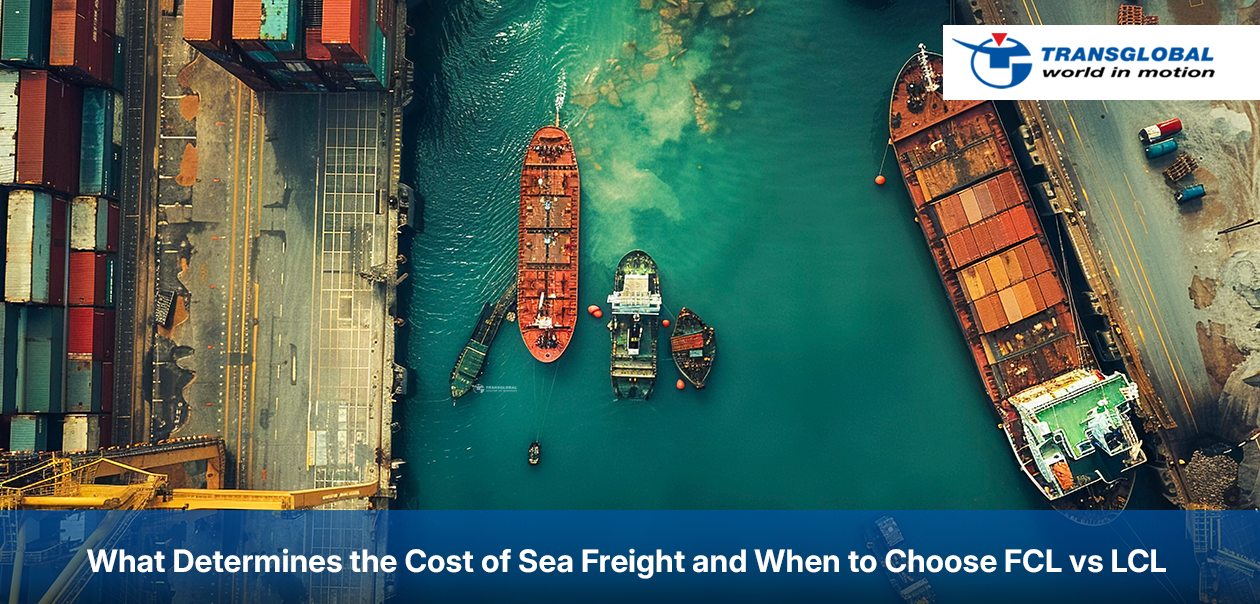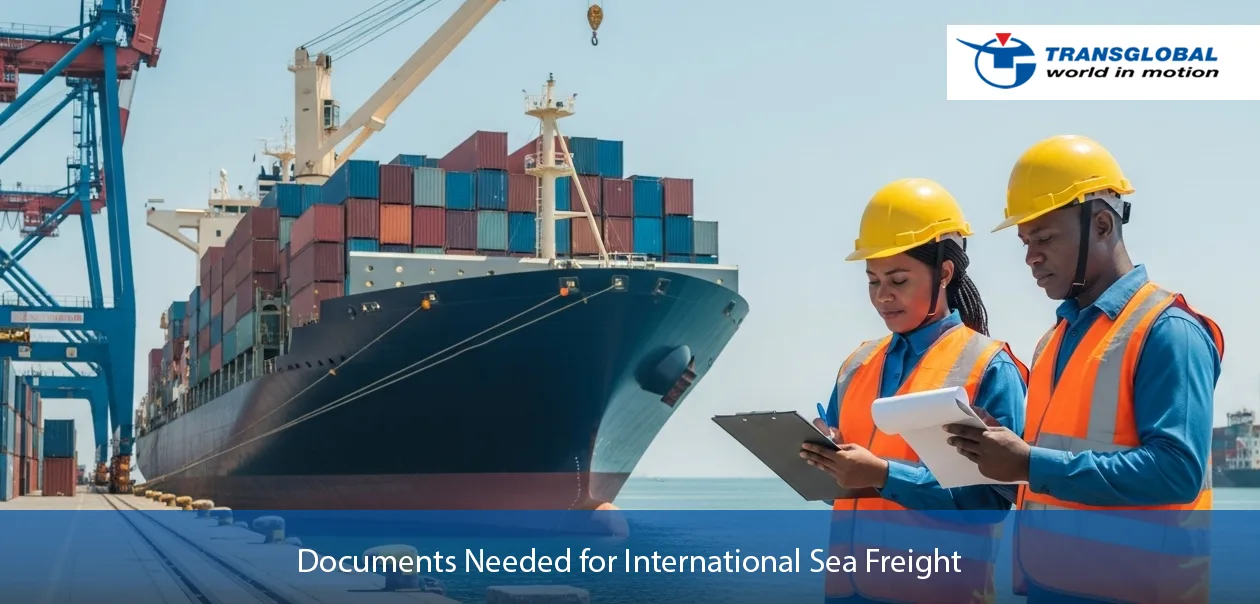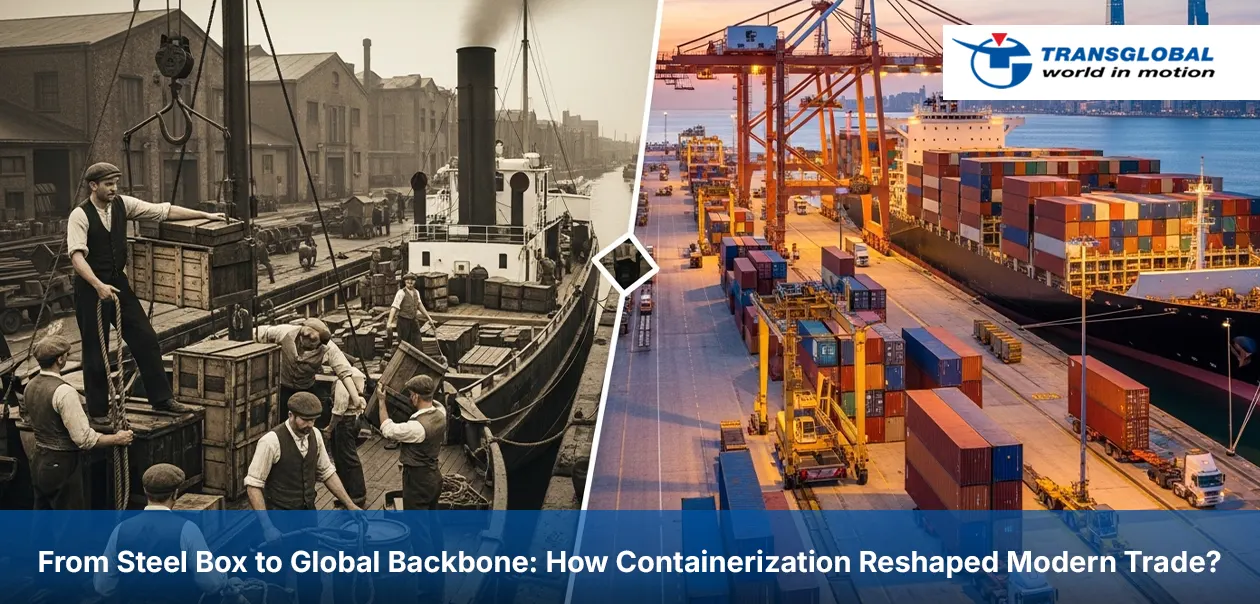Imagine a convoy of trucks loaded with specialized equipment moving through South Africa’s dusty highways under tight security. Or crates of sensitive military hardware being carefully transferred from an armored warehouse in Pretoria onto a plane bound for a defense partner overseas. In the world of defense and security, logistics is more than just transportation, it’s mission-critical.
Military logistics in South Africa isn’t just about moving cargo. It’s about ensuring that defense forces, government agencies, and defense contractors have the supplies, equipment, and ammunition they need, on time, safely, and under strict compliance with national and international regulations.
For a country like South Africa, positioned strategically at the southern tip of Africa and playing a crucial role in regional security, military logistics is a field that demands absolute precision and discretion.
Let’s look into what military logistics really means in the South African context, and how a specialist like Transglobal Cargo navigates its complex terrain.
Understanding Military Logistics: Beyond Trucks and Warehouses
Military logistics is the lifeline of any defense force. It covers the planning, execution, and management of transporting and storing equipment, ammunition, fuels, food supplies, and critical materials required to maintain operational readiness.
In South Africa, this takes on extra significance due to the country’s unique geography, regulatory landscape, and regional security responsibilities. It’s not only about moving goods from Point A to B; it’s about managing sensitive information, handling hazardous goods, and working within highly secure frameworks.
Some core responsibilities in military logistics include:
- Supply Chain Management: Ensuring the timely availability of military supplies.
- Hazardous Cargo Handling: Transporting explosives, ammunition, and other dangerous goods.
- Customs Compliance: Navigating strict regulations imposed by entities like SARS and the National Conventional Arms Control Committee (NCACC).
- Security and Confidentiality: Protecting high-value cargo from theft, sabotage, or espionage.
- Rapid Response Capability: Being ready to mobilize resources quickly in crises.
Why Military Logistics Requires Specialized Knowledge?
Military logistics in South Africa operates under some of the strictest legal frameworks. Whether it’s exporting ammunition or importing specialized defense components, every movement is closely monitored and regulated.
Key regulations and authorities involved include:
- IMDG Code (International Maritime Dangerous Goods): Governs how hazardous cargo is packaged and transported.
- SARS (South African Revenue Service): Overseeing customs duties and import/export compliance.
- NCACC: Regulating the trade of conventional arms and sensitive military goods.
- National Nuclear Regulator (NNR): Overseeing nuclear materials that may have military or dual-use applications.
Mishandling documentation, permits, or regulatory requirements can result in shipment delays, fines, and severe legal consequences. For defense contractors and governmental procurement units, having a logistics partner deeply familiar with these rules is non-negotiable.
How Transglobal Cargo Stands Out in Military Logistics
Transglobal Cargo isn’t just another freight forwarder. We’re specialists in the highly regulated and mission-critical segment of hazardous goods logistics, which includes military and defense operations.
Here’s how we excel:
Class 1 Explosives Expertise
Transglobal is certified to handle Class 1 explosives, including military ordnance, defense explosives, commercial blasting agents, and ammunition. This capability is crucial for defense contractors and government agencies managing stockpiles or transporting munitions for training and operational use.
Key services include:
- Specialized packaging compliant with global standards.
- Security-cleared personnel.
- Secure transportation with GPS tracking and armored vehicles when necessary.
- Coordination with government agencies for safe passage.
Comprehensive Hazardous Cargo Management
Military logistics isn’t just about moving bullets and bombs, it also involves a wide array of hazardous goods under Classes 2 through 9. These could include gases, flammable liquids, corrosives, or chemicals used in military operations or manufacturing processes.
Transglobal Cargo provides:
- Compliance with IMDG and SANS regulations.
- Expert classification and documentation to avoid customs delays.
- Safe packaging and handling to minimize risks.
- Staff are trained to manage emergencies and handle dangerous materials safely.
Trusted Partner for Governmental and Defense Clients
Transglobal Cargo works closely with:
International Defense Contractors rely on seamless, compliant transport of sensitive components and equipment.
Mining Corporations using explosives and specialized equipment are often regulated under defense protocols.
Governmental Procurement Units need secure and efficient supply chains for national security projects.
This is where our core strength shines: combining local regulatory expertise with a global logistics network, ensuring even the most sensitive shipments move smoothly and discreetly.
New Horizons in Military and High-Value Logistics
Transglobal isn’t resting on its laurels. We’re actively expanding into new high-value logistics sectors where our expertise is a perfect fit.
Heavy Load & Oversized Military Cargo
Moving large-scale military hardware like armored vehicles, helicopters, or radar systems.
Clients include engineering procurement firms, defense contractors, and government entities involved in Africa’s growing infrastructure and defense modernization.
Factory Relocations
Supporting defense manufacturers relocating facilities across borders.
Managing plant dismantling, machinery transport, customs clearance, and reassembly.
Ideal for manufacturers moving operations to Special Economic Zones (SEZs) for tax and operational benefits.
Museum, Art & High-Value Defense Exhibitions
Transporting sensitive defense technology exhibits for international expos.
Climate-controlled, insured, and GPS-tracked handling for priceless items like historical military artifacts or defense prototypes.
Oil & Gas Sector Logistics
Managing high-risk shipments connected to defense energy projects.
Clients include upstream contractors, global energy firms, and logistics integrators operating in Africa and the MENA region.
Why Military Logistics Isn’t DIY Territory
Some organizations may be tempted to manage military logistics internally. However, the consequences of mistakes are severe. A single overlooked permit, misdeclared shipment, or security breach could lead to:
- Fines and legal actions.
- Delays that disrupt military readiness.
- Severe reputational damage in both commercial and governmental circles.
Partnering with a specialized forwarder like Transglobal Cargo reduces risk dramatically. We bring proven systems, experienced teams, and established government relationships that ensure every shipment is compliant and secure.
Conclusion: Why Choose Transglobal for Military Logistics in South Africa?
Military logistics in South Africa is a complex, high-stakes domain. It demands more than trucks and containers, it requires meticulous planning, regulatory mastery, and unwavering discretion.
Transglobal Cargo stands out as a trusted partner because we don’t just move cargo, we protect national interests and support critical missions. With deep roots in hazardous goods logistics, a growing footprint in high-value cargo, and an unshakeable commitment to compliance, we’re the right choice for defense contractors, government agencies, and multinational clients.
Ready to move your mission-critical cargo safely and compliantly? Contact Transglobal Cargo today for a tailored consultation.
Frequently Asked Questions
What permits are needed for military logistics in South Africa?
Usually, clearances from the NCACC, NNR, and SARS are required for moving defense cargo. Transglobal handles all permits to keep shipments compliant.
Does Transglobal handle international military shipments?
Yes. Transglobal manages both local and global military logistics, ensuring secure, compliant transport across borders.
How is sensitive cargo kept secure?
Transglobal uses GPS tracking, vetted staff, and strict security protocols to protect military shipments at every step.





Comments